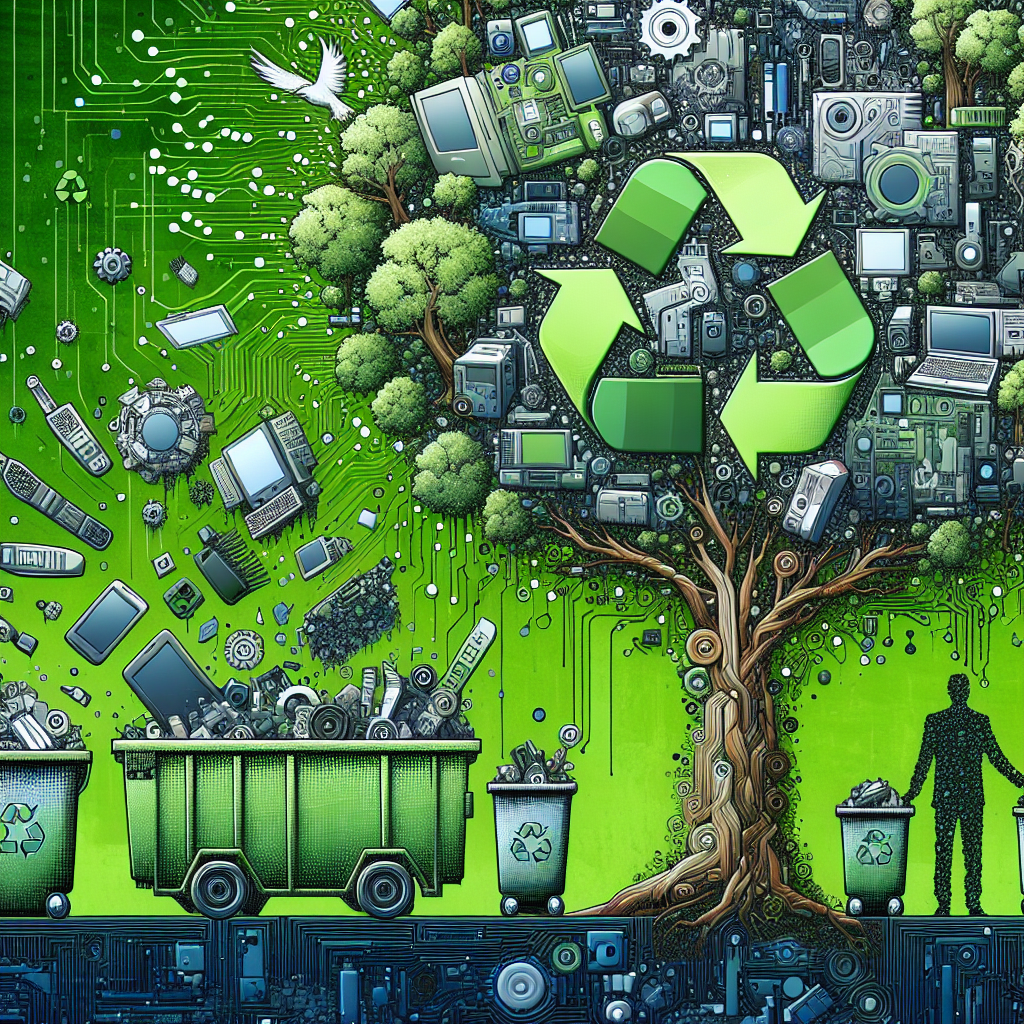Blog Ecobraz Eigre

The world's most advanced e-waste laws and what Brazil needs to copy
Advanced E-waste Legislation: Global Overview
The management of electronic waste, or e-waste, is a growing concern worldwide due to the increase in consumption and rapid obsolescence of electronic equipment. Countries such as the European Union, Japan and the United States have robust legislation that establishes effective mechanisms for the collection, treatment and final disposal of this waste, focusing on environmental protection and data security.
European Union: Extended Producer Responsibility (EPR)
Directive 2012/19/EU of the European Parliament and of the Council on waste electrical and electronic equipment (WEEE Directive) imposes responsibility for e-waste management on manufacturers, encouraging selective collection systems and efficient recycling. This model prioritizes reducing the volume of waste going to landfill and reusing valuable materials.
Japan: Strict Control and Information Security
Japan implements strict policies that integrate the reuse, recycling and safe treatment of electronic components. Preserving information security is essential, especially when disposing of storage devices such as hard drives, requiring certified processes for the safe sanitization of data, preventing leaks and intrusions.
United States: Advanced State Policies
Although there is no unified federal legislation, states such as California and Washington have progressive laws regulating the mandatory collection and treatment of e-waste. Of particular note is the requirement for safe disposal, with clear regulations that even cover the secure destruction of electronic media to ensure confidentiality.
Brazilian Legislation: Achievements and Gaps
In Brazil, the National Solid Waste Policy (Law No. 12.305/2010) establishes general guidelines for waste management, including electronics, emphasizing the principle of shared responsibility. The National Solid Waste Management Information System (SINIR) obliges the monitoring of flows of these materials, but lacks specific regulations for the safe and efficient management of e-waste.
What Brazil Needs to Copy to Evolve
To advance in e-waste management, Brazil must implement Extended Producer Responsibility (EPR), as in the European Union, making it mandatory for manufacturers to take over the collection and treatment of waste. In addition, policies for the scheduling of electronic collection should be expanded and encouraged to facilitate proper disposal.
Another crucial point is the regulation of the sanitization of hard drives and electronic media to guarantee the safe destruction of stored information, avoiding legal and information security risks.
Conclusion
Brazil's legislation on e-waste needs to be improved by taking inspiration from the most advanced international standards, including robust producer responsibility systems, infrastructure for collection and treatment, and rigorous information security processes. The modernization of this legislation will contribute to environmental sustainability, data protection and legal compliance for the sectors involved.

Deixe um comentário
O seu endereço de e-mail não será publicado. Campos obrigatórios são marcados com *